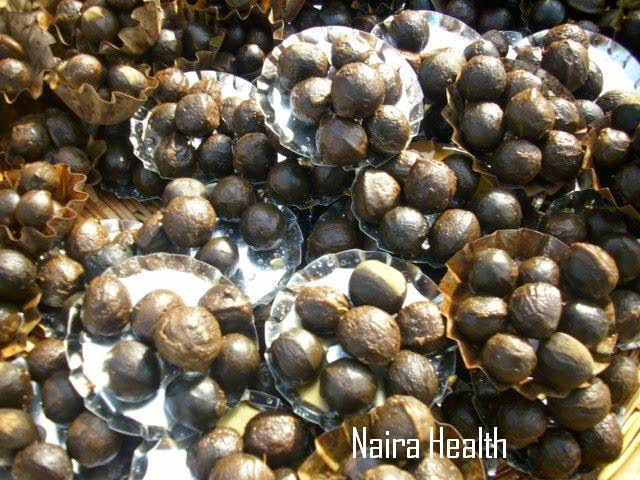Sweet and versatile, carrots offer an impressive array of vitamins and minerals
11/07/2018 / By RJ Jhonson

Carrots are among the most recognizable vegetables in the modern world. Not only are they a mainstay in most supermarkets and grocery stores, but they also have a place in popular culture, thanks largely to their depiction as the favorite food of rabbits. But this popularity is not why you need carrots in your diet – these sweet, delicious vegetables also happen to be among the healthiest in the world, containing some of the best health-boosting nutrient profiles you can find in food.
Carrots are considered a great source of vitamins, minerals, antioxidants, and other phytochemicals that make them an essential part of any healthy diet. Although you may be familiar with just orange carrots, the vegetable actually comes in a wide range of colors. What’s truly fascinating is that the color of the carrot gives you an idea of what nutrients it has the greatest concentration of.
- Orange carrots – The most common type of carrots is high in carotenoids, the same natural chemical that gives plants their red and yellow color. Orange carrots contain high concentrations of beta-carotene, which your body converts to vitamin A. This vitamin is important for healthy skin and eyes, properly functioning mucous membranes, and a strong immune system.
- Yellow carrots – This type of carrot does not contain as much beta-carotene as its orange relative, but it has high levels of the pigment lutein. This nutrient is found in high concentrations in your eye’s macula, where it works together with zeaxanthin to absorb blue light from your environment, protecting your eyes from blindness caused by macular degeneration.
- Red carrots – Although they contain moderate amounts of both lutein and beta-carotene, red carrots excel in their lycopene content. Lycopene is an antioxidant notable for its ability to protect you from cancer and sun damage, as well as improve your heart’s health. Lycopene also has potent anti-inflammatory properties. Red carrots have as much lycopene as tomatoes, making them among the best natural sources of this nutrient.
- Purple carrots – Unlike the three types of carrots noted above, purple carrots get their color not from carotenoids but from anthocyanins. These are plant pigments that promote heart and brain health and protect against chronic inflammation, viral infections, and cancer.
- White carrots – This type of carrot has very low concentrations of the plant pigments found in its deeply hued relatives. However, it has superior levels of potassium, a nutrient essential for proper body function. Potassium relaxes your blood vessels and lowers your blood pressure in the process, making it extremely important for a healthy heart. It also helps maintain healthy muscles and bones.
In general, carrots make for a great addition to any diet because of their minimal calorie content, with a cup of raw carrots bearing just 52 calories. The same serving has negligible amounts of fat. Carrots have a rating of 47 on the glycemic index, but a glycemic load of only three. Glycemic load takes carbohydrate and fiber content into account, making it a much more accurate way of determining the impact of food on blood sugar levels. Carrots are, therefore, considered good for diabetics.
Carrots are also a good source of the following nutrients:
- Vitamin B1, B3, B6, and B9
- Vitamin C
- Vitamin K
- Manganese
- Molybdenum
- Phosphorus
- Magnesium
- Dietary fiber
A few words of caution: Carrots are highly pigmented. Because of this, eating large quantities of them can cause a minor side effect called carotenemia, wherein the skin takes on a yellowish tinge. It usually occurs in infants whose baby food contains carrot puree. Carotenemia is temporary and eventually subsides as your body eliminates the excess beta-carotene.
Learn how your body benefits from carrots at Veggie.news.
Sources include:
Tagged Under: anthocyanin, beta carotene, brain health, carotenoid, Carrot, eye health, food is medicine, grocery cures, heart health, lutein, lycopene, macular degeneration, natural medicine, nutrition, orange carrot, potassium, prevention, Purple Carrot, red carrot, white carrot, yellow carrot


















